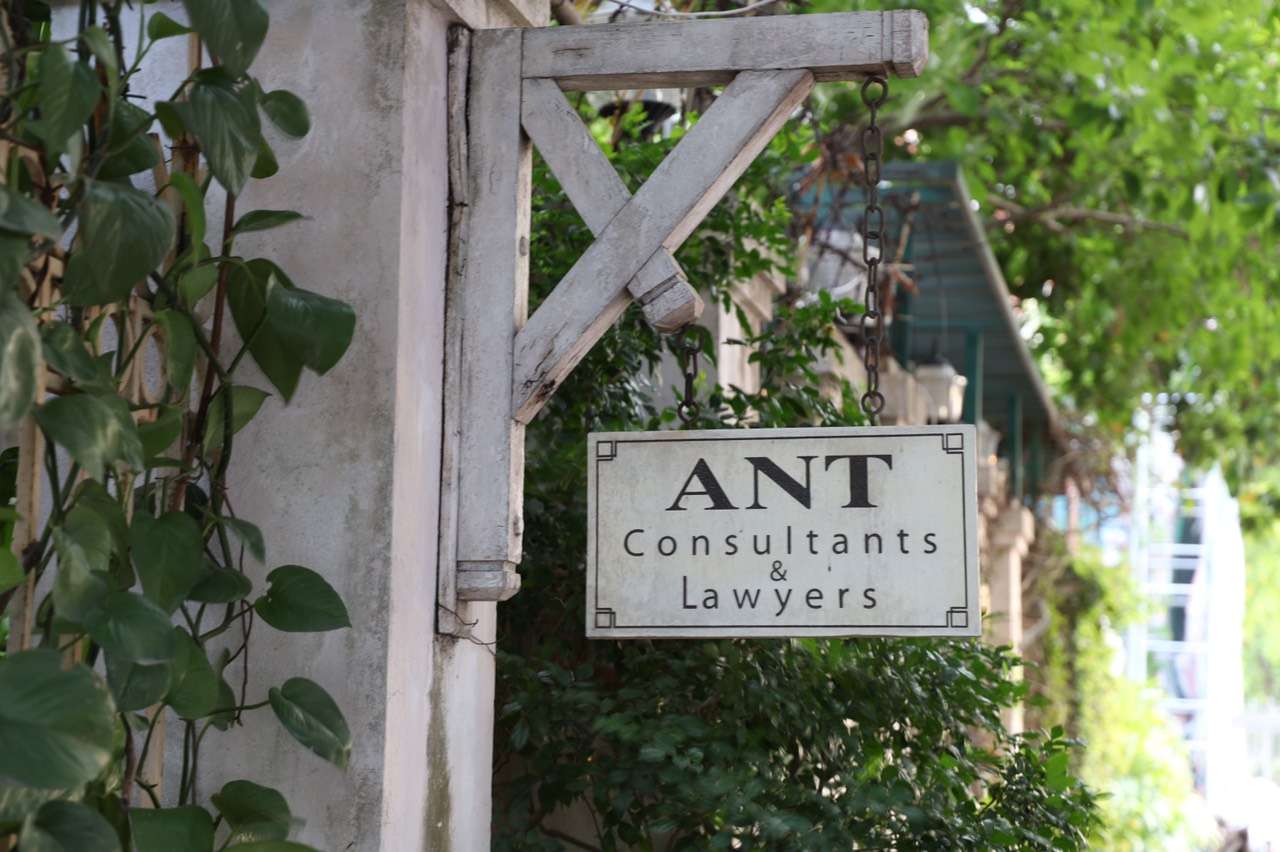The principle “freedom
to work” is recognized and respected by the Labor Code 2012. However, this
regulation may harm legitimate business interests of employers when employees,
during the performance of the laborcon tract or
especially after the termination of the labor contract, reveal the business or
technology secrets to compete with the employers. Therefore it is necessary to
create the limits on the freedom to work, for the purpose of preventing workers
from revealing employers’ business or technology secrets. Law in many countries
around the world has recognized “Non-Compete Agreement” as a tool to enforce
security programs.

The Labor Code 2012
and sub-law documents do not mention to the definition of “Non Compete
Agreement”, but make the provision that: “When an employee performs a job which
is directly related to business or technology secrets as prescribed by law, the
employer may reach a written agreement with the employees on the content and
duration of protection of business or technology secrets, and benefits and
compensation in case of violation by the employees”.
The definition of
“Non-Compete Agreement” is inferred by explaining the provisions of law and
referred to the articles of legal experts. “Non-Compete Agreement” is a legal
contract between an employee and an employer, for a purpose of preventing the
worker from competing directly or working for a competitor during the
performance of the labor contract or especially after the termination of the
labor contract. Thereby, we can infer that only when employers have business or
technology secrets, they have the right to make Non-Compete Agreement.
Moreover, the legitimate business interests that are protected must be legal,
unique, influence the maintenance, stability and development of business
activities.
Analyzing the
provision “Non-Compete Agreement”, we can conclude that, the employees adjusted
by the “Non-Compete Agreement” is the worker who is directly involved in
business or technology secrets (such as the senior managers, senior technicians
and others are obliged to keep business or technology secrets). The Labor Code
2012 has regulated that the “Non-Compete Agreement” must be on text.
The provision of
Non-Compete Agreement is necessary for employers to protect business or
technology secrets, but it is difficult for workers to find job after the
contract terminates. Therefore, Non-Compete Agreement should balance the
interests between employers and employees by setting reasonable limits in time,
geographic scope and particular industry or activity.
(i) For restriction on
time, the Labor Code 2012 does not specify restriction period or the point of
starting restriction period. This is entirely upon the parties. However,
Non-Compete Agreement can not be enforced unless it specifies a reasonable
restriction period. Referring to the law of some European countries (Germany,
France) and Asian countries for example in China, the maximum restriction time
is 02 years, to ensure that employees have conditions to find new jobs.
Moreover, it provides
opportunities for employers to motivate, improve the technology and business
secrets to develop. On the other hand, law in some other countries distinguishes
between highly skilled workers (group 1) and unqualified employees (group 2).
Spanish law is a typical example, the maximum restriction period is two years
for workers in group 1 and six months for group 2.
(ii) Restriction on
geographic scope is not regulated in Vietnamese law.
Meanwhile, most countries such as France, China and Russia all regulate that
the restriction is on the whole country. However, due to differences in
society, economic and education conditions, Vietnam can hardly regulate like
that. On the other hand, when making the provisions of the restrictions on
geographic scope, it is necessary to base on the performance of the company,
the method of production, the size of and the type of company.
(iii) For restriction
on particular industry or activity, most courts tend to consider the work that
employees will work in the new labor contract. Normally, if the new job is
similar to the old one, it will not be approved by the court. Under the Labor
Code 2012, the content of restrictions on particular industry or activity when
employees enter into agreement include: (i) obligation to keep trade
information confidential (business secrets, technology secrets) ; (ii) not be
able to work for the competitor of former employers or to conduct his own
business competing with former employers.
Labor Code in our
country does not specify the scope of the restriction on particular industry or
activity, it depends entirely on the will of the parties. Non-Compete Agreement
can not be applied to all jobs, but only to those who hold business and
technology secrets. For every type of work there will be a different range of
restrictions. The scope of the restriction is not exceeding the employees’
professional capacity and ensuring the opportunity of works in the future.
The benefit that
employees receive when signed the Non-compete Agreement can be the opportunity
for promotion, high salary, and commendation if the Non-Compete Agreement is
made while the labor contract is valid. If the Non-Compete Agreement is applied
after the labor contract terminates, employees shall receive the compensation.
The amount of compensation is upon the agreement of the parties and must be
satisfactory with the restriction of job opportunities. There are some cases
that employees may not be entitled compensation are to violate the Non-Compete
Agreement or die or prison sentence.
According to the Labor Code 2012, in case of violating the
non-compete contract, employees have obligation to compensate, but it does not
give specific compensation amount as well as the method of compensation. In
order to claim compensation, employers must demonstrate these following
factors: (1) the violation of the Non-Compete Agreement; (2) actual damage (the
lost revenue and profit of the employer); (3) the causal relationship between
the infringement and the damage; (4) fault of the employee. The amount of
compensation must correspond to the amount of lost revenue or profit. In
addition, employees must return the non-owned assets that are exploited and
developed to compete with former employers. Moreover, employees must repay the
compensation and other benefits paid by former employers if agreed in the
agreement.
How ANT Lawyers Could
Help Your Business?
Please click here to learn more about ANT Lawyers or
contact our lawyers in Vietnam for advice via email ant@antlawyers.vn or
call our office at (+84) 24 32 23 27 71






















.jpg)
.jpg)
.jpg)

.jpg)
.jpg)


